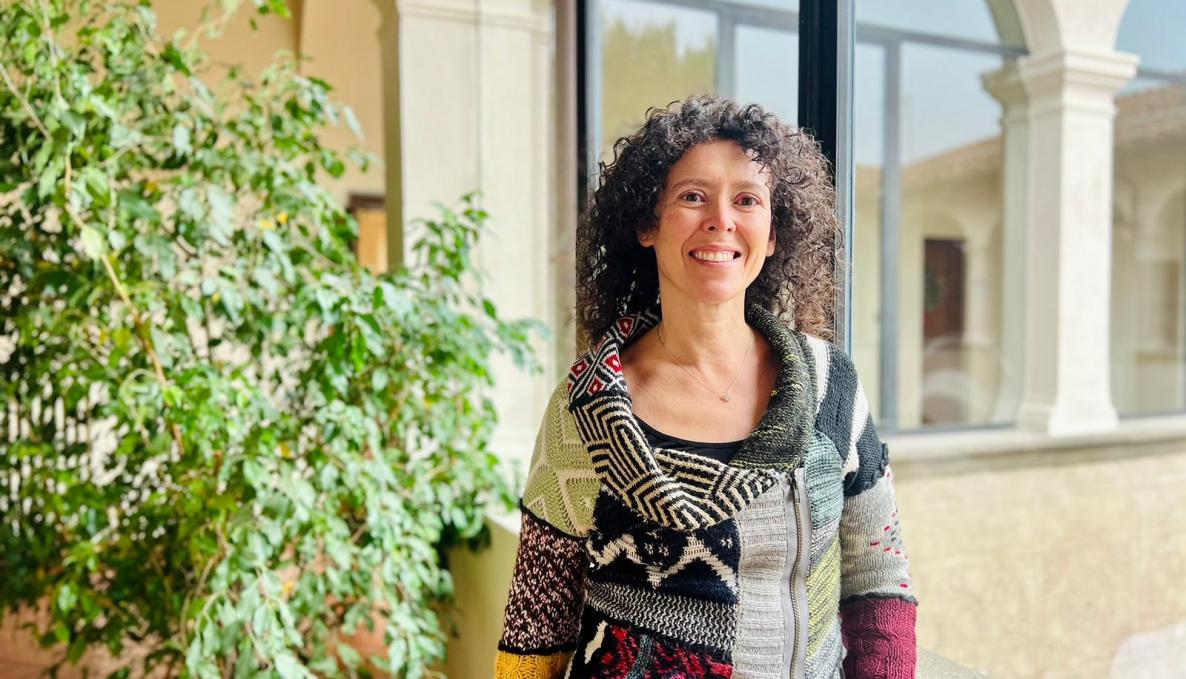Towards a new generation of implantable artificial organs. Funded by Fondo Italiano per la Scienza a new project coordinated by Arianna Menciassi, vicerector of the Sant'Anna School

It is called IBRIS (acronym for Innovative BioRobotic artIficial organS) and aims to develop a new generation of implantable artificial organs capable of replacing the functionality of compromised natural organs. This is the new project coordinated by Arianna Menciassi, full professor of industrial bioengineering and pro-rector of the Scuola Superiore Sant'Anna in Pisa, which has received a total contribution of EUR 1.5 million from the Fondo Italiano per la Scienza (FIS), the new funding programme of the Italian Ministry for Universities and Research to enhance Italian research.
"The idea of replacing some compromised functions of human organs by implanting artificial systems is not new, but real implantable systems have limited capabilities" says Arianna Menciassi.
The artificial organs developed by IBRIS will have actuation capabilities, sensing and awareness of the environment in which they will be implanted. The project will start with two concrete case studies (the urinary system and the heart) and then expand to other implantable organs.
"With IBRIS - continues Arianna Menciassi - we want to change the paradigm and work on all those scientific and technological aspects that now prevent an artificial organ from being fully implanted for years: from the problems of power supply to those of control, on-board implementation, size and biocompatibility. This is a major challenge that can be tackled with a robotic and bioengineering approach, as demonstrated by some preliminary results that have been obtained over the years".



